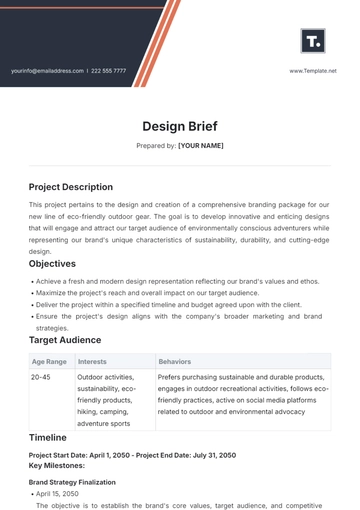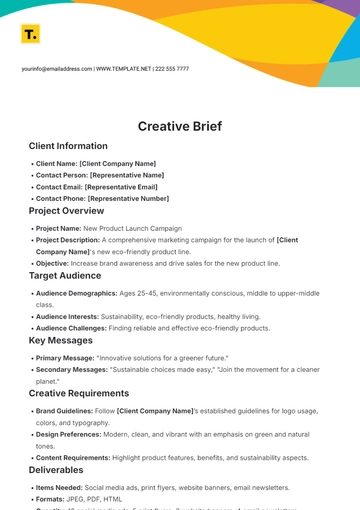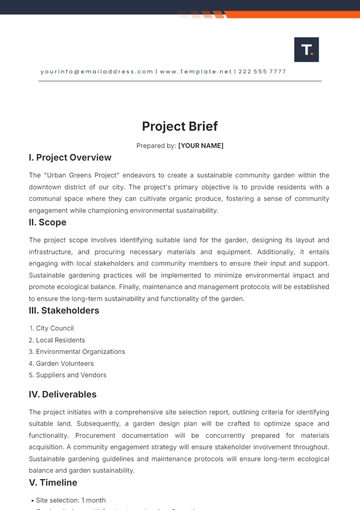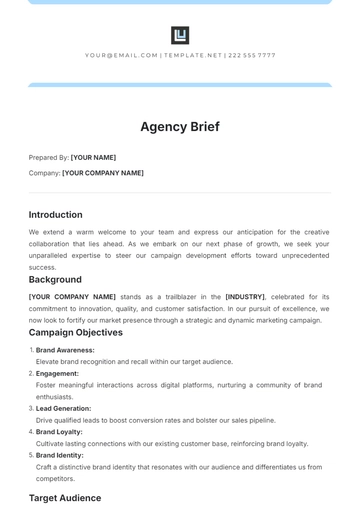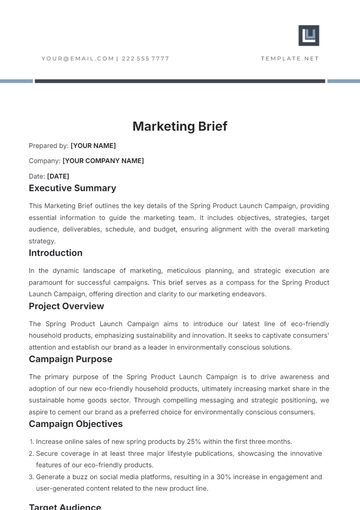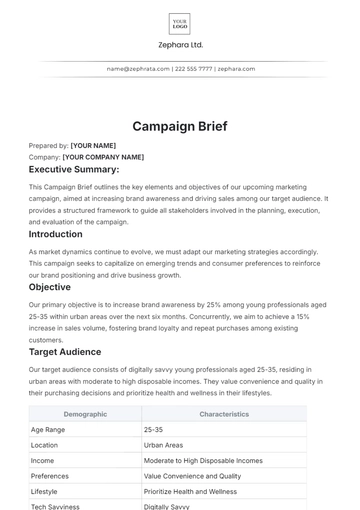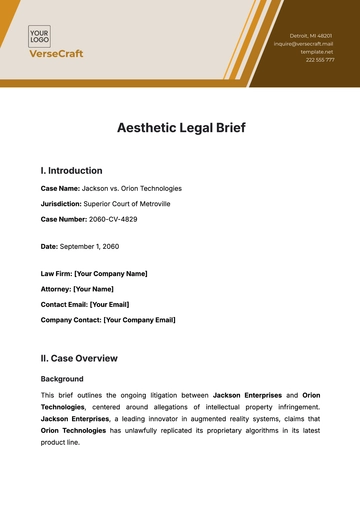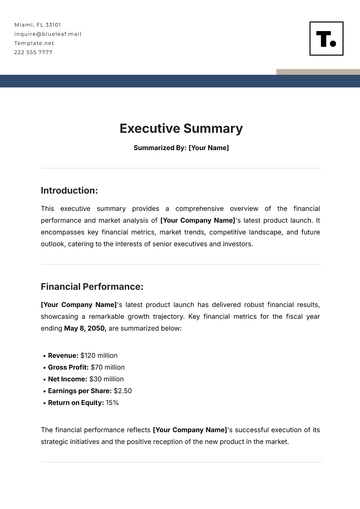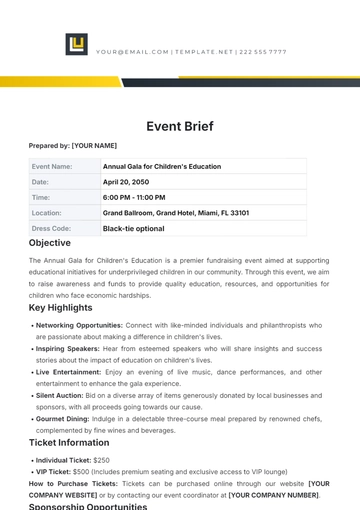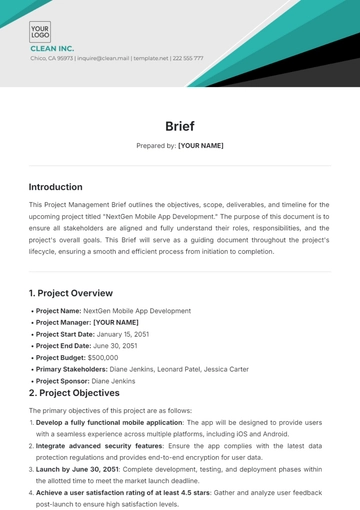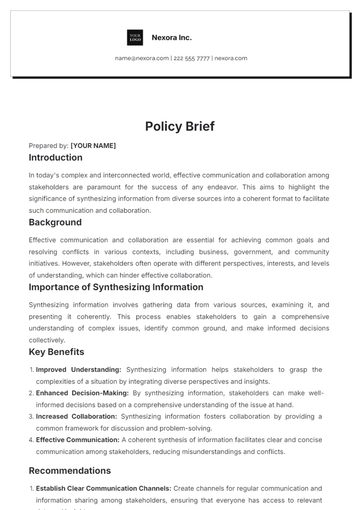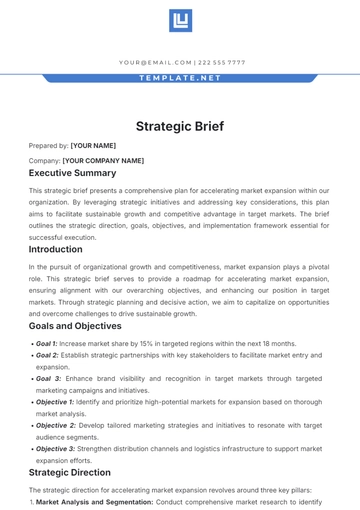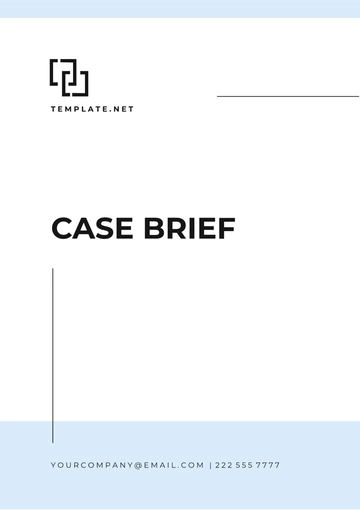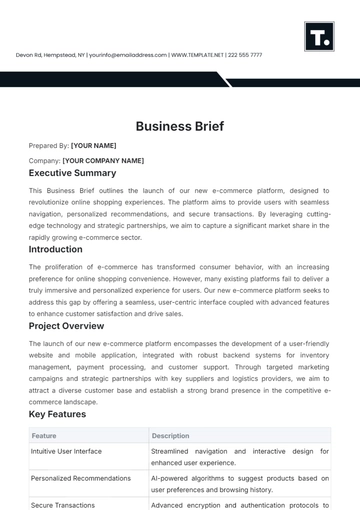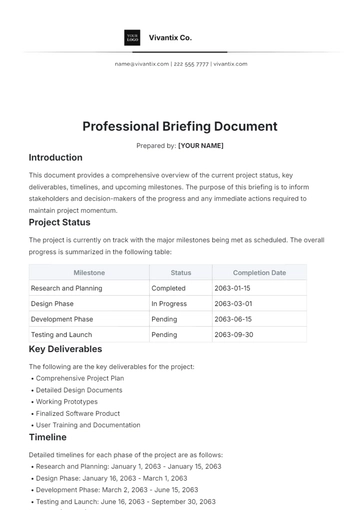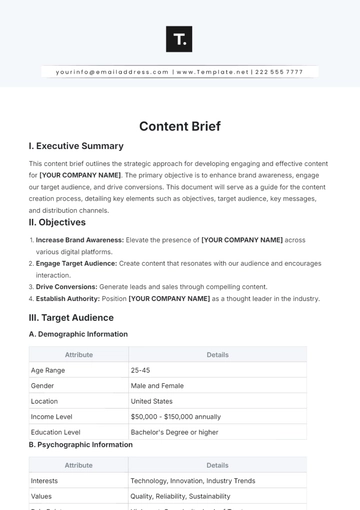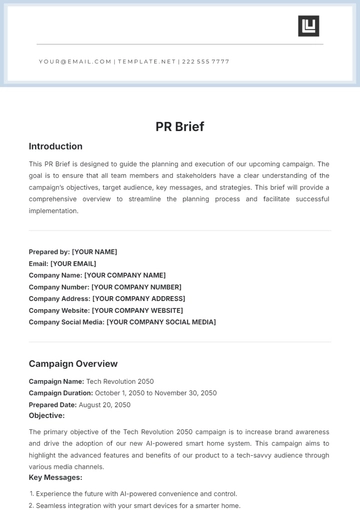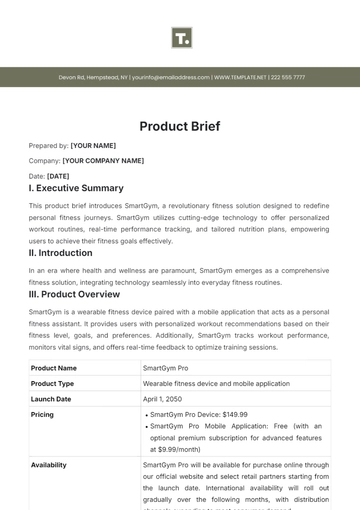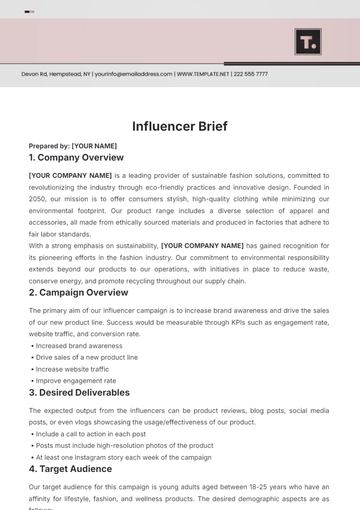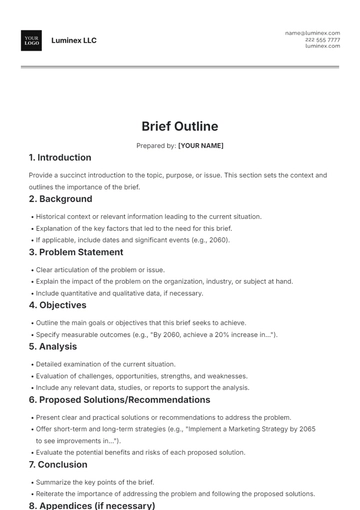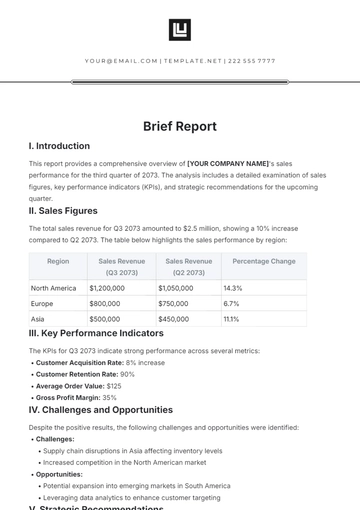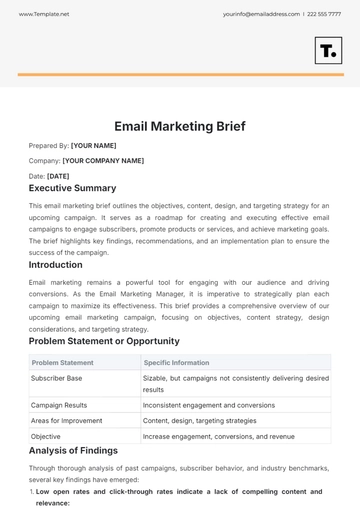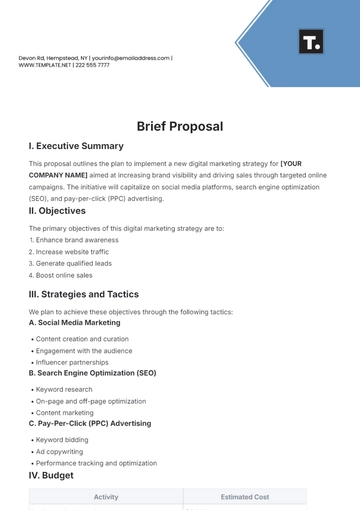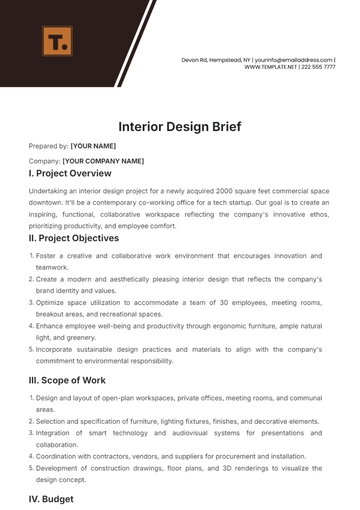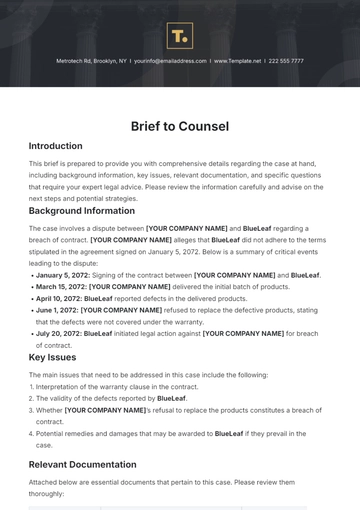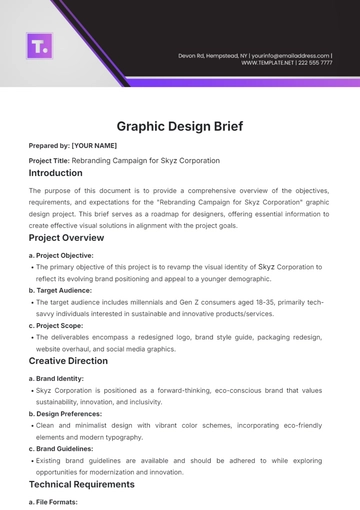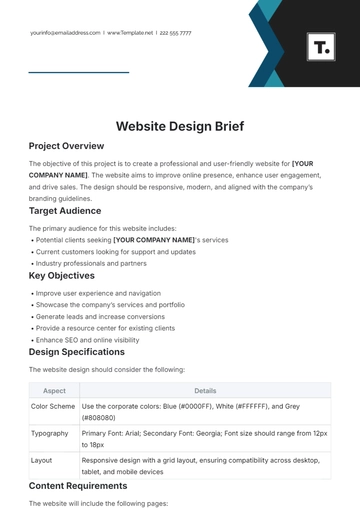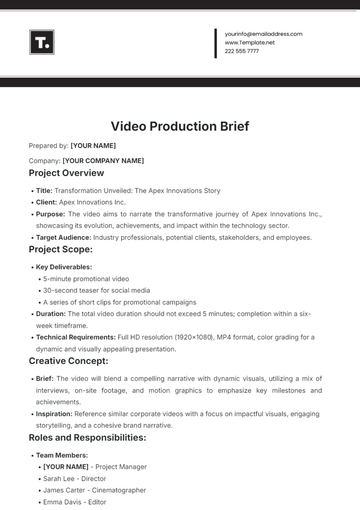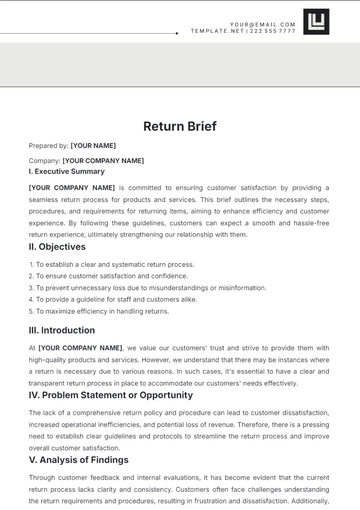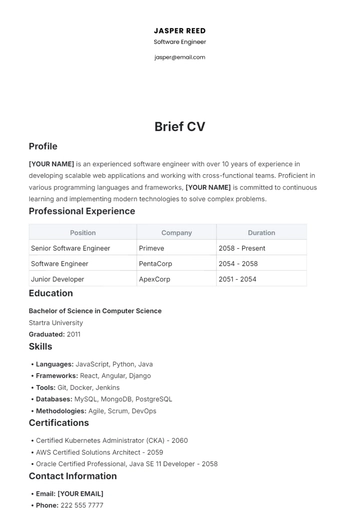Free Management Brief
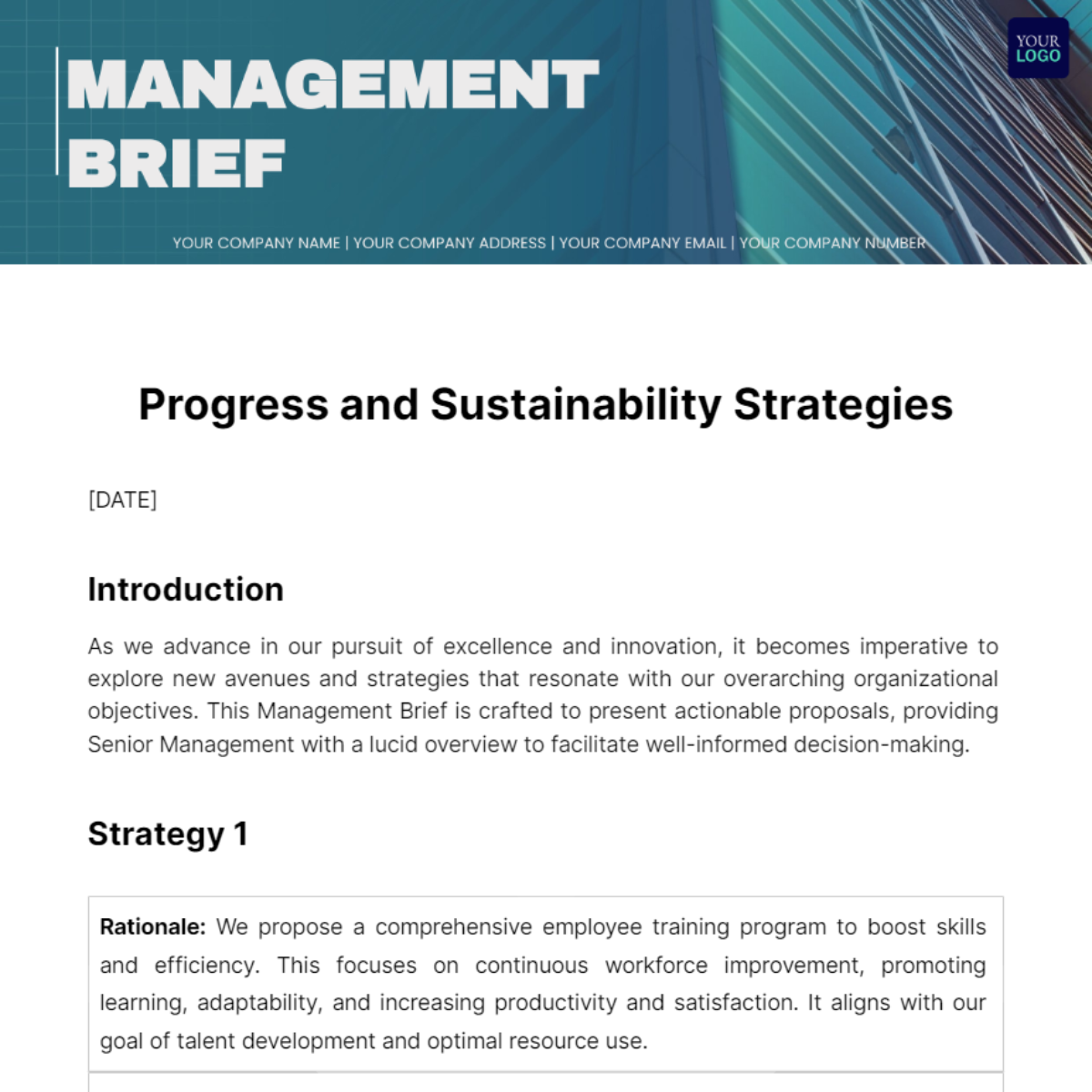
[DATE]
Introduction
As we advance in our pursuit of excellence and innovation, it becomes imperative to explore new avenues and strategies that resonate with our overarching organizational objectives. This Management Brief is crafted to present actionable proposals, providing Senior Management with a lucid overview to facilitate well-informed decision-making.
Strategy 1
Rationale: We propose a comprehensive employee training program to boost skills and efficiency. This focuses on continuous workforce improvement, promoting learning, adaptability, and increasing productivity and satisfaction. It aligns with our goal of talent development and optimal resource use. |
Key Components:
|
Expected Outcomes:
Enhancing employee competence, improving operational efficiency, and boosting employee engagement by providing necessary knowledge, streamlining processes, fostering a culture of learning, and increasing job satisfaction.
Strategy 2
Rationale: We propose a CRM system to better customer interactions and satisfaction. It centralizes customer data, improves communication, strengthens client relationships, attracts new business, and aligns with our goal of long-term partnerships and sustainable growth. |
Key Components:
|
Expected Outcomes
Improved customer satisfaction through personalized, timely service; better sales performance with uniform sales processes and customer data management; and increased operational efficiency through resource optimization and automated workflow.
Strategy 3
Rationale: The adoption of sustainable business practices is proposed to mitigate environmental impact and align with our organizational vision of corporate responsibility. By embracing eco-friendly initiatives and reducing our carbon footprint, we not only contribute to global sustainability efforts but also enhance our brand reputation and appeal to environmentally-conscious consumers |
Key Components:
|
Expected Outcomes
Less environmental impact through sustainable practices, improved brand image by attracting eco-conscious customers, cost savings from energy efficient and waste-reducing methods enhancing financial sustainability.
Recommendation
Based on the analysis and assessment of the proposed initiatives/strategies, it is recommended that Senior Management consider the following actions:
Review the proposals outlined in this brief and assess their feasibility, alignment with organizational objectives, and potential impact.
Prioritize initiatives/strategies based on their perceived value, resource requirements, and alignment with current organizational priorities.
Initiate further discussions or feasibility studies as necessary to gain deeper insights into the potential benefits and challenges associated with each proposal.
Conclusion
In conclusion, the proposals presented in this represent opportunities for advancing our organization's objectives and staying ahead in a dynamic business environment. Your consideration and guidance in evaluating these proposals are crucial as we strive to drive growth and innovation within our organization.
Thank you for your attention to this matter.
Sincerely,

[Your Name]
[Your Position]
- 100% Customizable, free editor
- Access 1 Million+ Templates, photo’s & graphics
- Download or share as a template
- Click and replace photos, graphics, text, backgrounds
- Resize, crop, AI write & more
- Access advanced editor
Introducing the Management Brief Template by Template.net! Crafted for efficiency seekers, this editable and customizable gem streamlines your brief creation process. Tailor your reports effortlessly with our intuitive Ai Editor Tool. Elevate your management game with clarity and precision. Get ready to impress with every brief, courtesy of Template.net.
